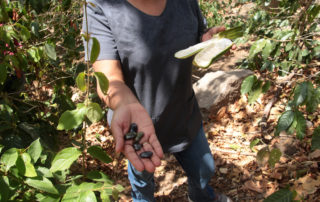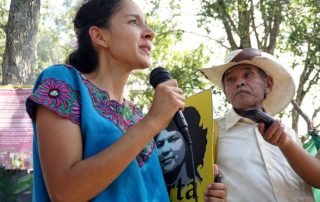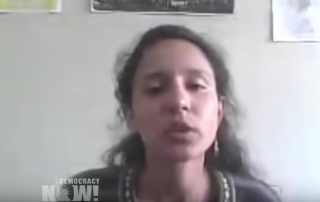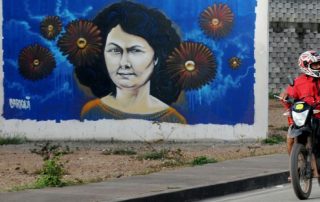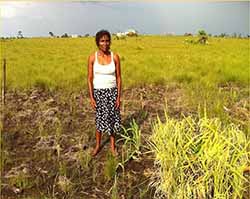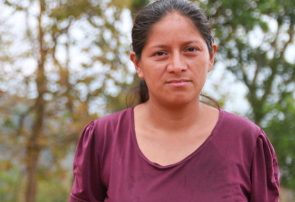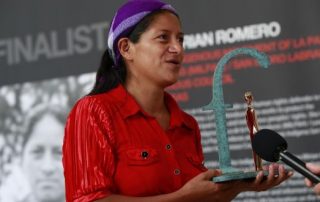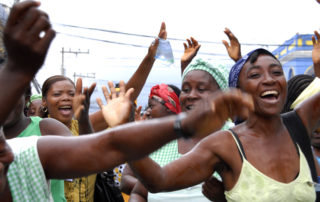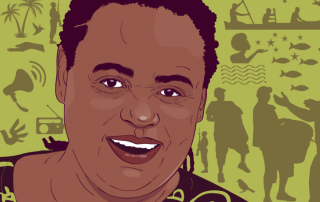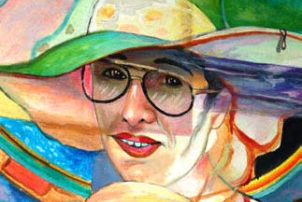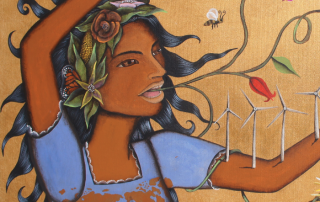Cooperative Agro-Forestry Empowers Indigenous Women In Honduras
The community of Lenca women, Indigenous to Honduras, has been practicing agroforestry for millennia as a sustainable farming method in their dry region. They are keeping this traditional knowledge alive by growing organic, fair trade crops like coffee in worker-owned cooperatives. Farmers like Eva Alvarado helped to create an all-female growers’ cooperative in 2014, as part of the Cosagual coffee growers’ organization. Their coffee is now sold around the world, and the women bring home a larger share of the profits than before. The Lenca group is known for radical work: Berta Cáceres, the famous Indigenous activist murdered in 2016, also belonged to the community. The idea of this cooperative was seeded at a gender equality workshop with the Association of NGOs. Agroforestry, which involves planting fruit and timber trees in the shade, is an effective way to combat food insecurity, erosion and acts as a carbon sink. Women in Honduras are coping with climate change using agroforestry, a method that can provide a sustainable livelihood to many communities. Photo Credit: Monica Pelliccia


